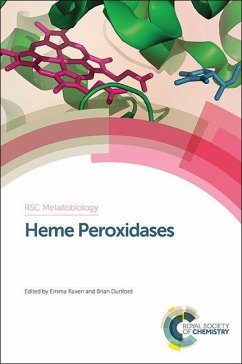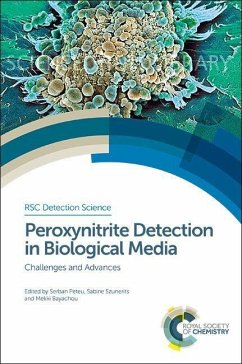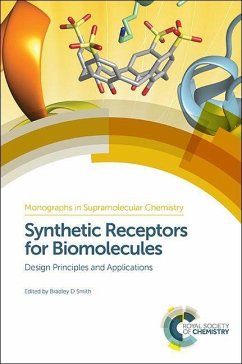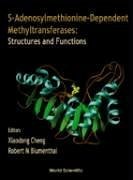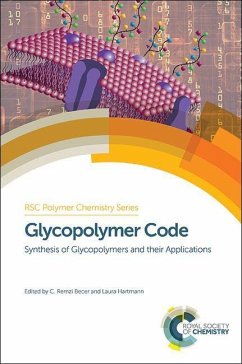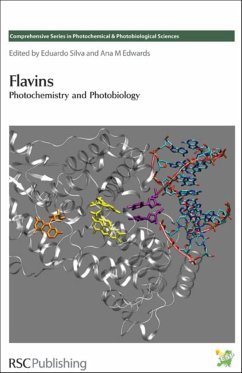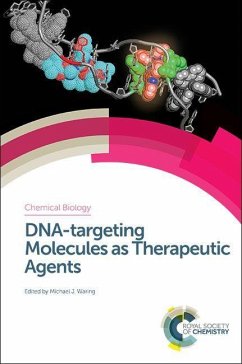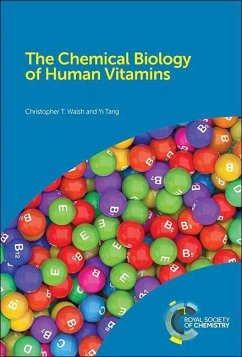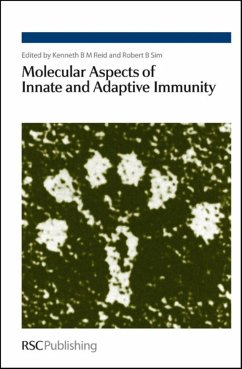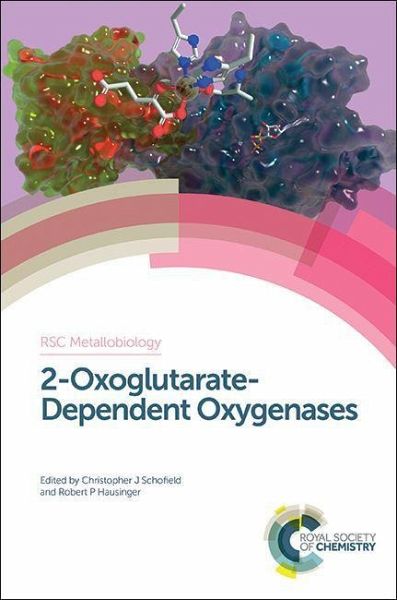
2-Oxoglutarate-Dependent Oxygenases
Versandkostenfrei!
Versandfertig in über 4 Wochen
224,99 €
inkl. MwSt.

PAYBACK Punkte
112 °P sammeln!
Since the discovery of the first examples of 2-oxoglutarate-dependent oxygenase-catalysed reactions in the 1960s, a remarkably broad diversity of alternate reactions and substrates has been revealed, and extensive advances have been achieved in our understanding of the structures and catalytic mechanisms. These enzymes are important agrochemical targets and are being pursued as therapeutic targets for a wide range of diseases including cancer and anemia. This book provides a central source of information that summarizes the key features of the essential group of 2-oxoglutarate-dependent dioxyg...
Since the discovery of the first examples of 2-oxoglutarate-dependent oxygenase-catalysed reactions in the 1960s, a remarkably broad diversity of alternate reactions and substrates has been revealed, and extensive advances have been achieved in our understanding of the structures and catalytic mechanisms. These enzymes are important agrochemical targets and are being pursued as therapeutic targets for a wide range of diseases including cancer and anemia. This book provides a central source of information that summarizes the key features of the essential group of 2-oxoglutarate-dependent dioxygenases and related enzymes. Given the numerous recent advances and biomedical interest in the field, this book aims to unite the latest research for those already working in the field as well as to provide an introduction for those newly approaching the topic, and for those interested in translating the basic science into medicinal and agricultural benefits. The book begins with four broad chapters that highlight critical aspects, including an overview of possible catalytic reactions, structures and mechanisms. The following seventeen chapters focus on carefully selected topics, each written by leading experts in the area. Readers will find explanations of rapidly evolving research, from the chemistry of isopenicillin N synthase to the oxidation mechanism of 5-methylcytosine in DNA by ten-eleven-translocase oxygenases.




